Builder's fee
sriguduri
11 years ago
Related Stories
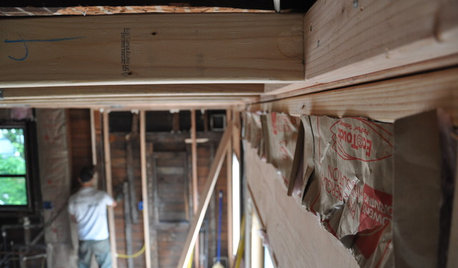
REMODELING GUIDESContractor Fees, Demystified
Learn what a contractor’s markups cover — and why they’re worth it
Full Story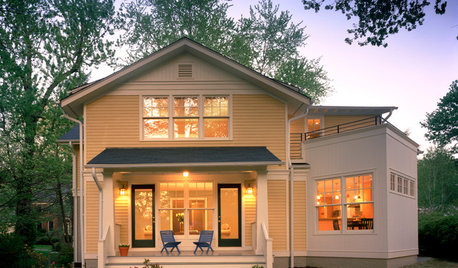
WORKING WITH PROSHow to Hire the Right Architect: Comparing Fees
Learn common fee structures architects use and why you might choose one over another
Full Story
GREEN BUILDINGHow to Recycle Your Kitchen
Instead of adding to the junk pile — and paying landfill fees — get rid of old appliances, cabinets and countertops the ecofriendly way
Full Story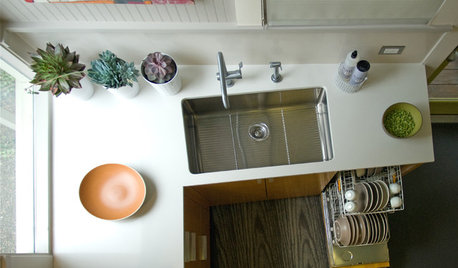
HOUSEKEEPINGHow to Fix a Stinky Garbage Disposal
No plumber’s fee or even a trip to the hardware store is required with these easy solutions
Full Story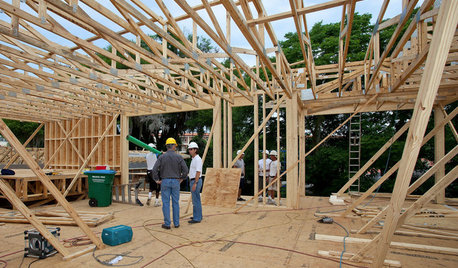
REMODELING GUIDESHome Building: The Case for Cautious Optimism
Ben Bernanke's speech at the 2012 International Builders Show: Gray clouds and silver lining
Full Story
WORKING WITH PROSHow Long Is Your Contractor on the Hook?
Understand how a warranty protects homeowners from shoddy work — and builders from being liable for their work for forever and a day
Full Story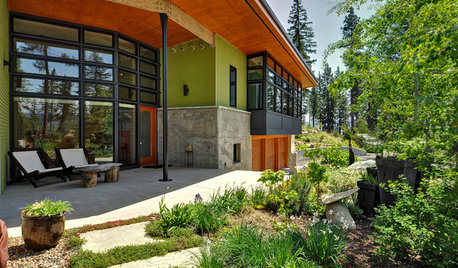
BUDGETING YOUR PROJECTConstruction Contracts: What Are General Conditions?
Here’s what you should know about these behind-the-scenes costs and why your contractor bills for them
Full Story
WORKING WITH AN INTERIOR DESIGNER5 Qualities of a Happy Designer-Client Relationship
Cultivate trust, flexibility and more during a design project, and it could be the beginning of a beautiful alliance
Full Story
BATHTUBSRoom of the Day: Restorative Power of a Japanese Soaking Tub
A traditional tub made of hinoki wood sets a calming tone in this master bath renovation
Full Story
LIFECondo, Co-op, Townhouse, TIC — What's the Difference?
Learn the details about housing alternatives so you can make a smart choice when buying a home
Full Story







virgilcarter
sriguduriOriginal Author
Related Professionals
South Elgin Architects & Building Designers · Gardere Design-Build Firms · Schofield Barracks Design-Build Firms · Newington Home Builders · Home Gardens Home Builders · Reedley Home Builders · Salisbury Home Builders · Browns Mills General Contractors · Clinton General Contractors · Fredonia General Contractors · Ken Caryl General Contractors · Kettering General Contractors · Mentor General Contractors · Rossmoor General Contractors · Austintown General Contractorsdadereni
sriguduriOriginal Author
sriguduriOriginal Author
virgilcarter
sriguduriOriginal Author
zone4newby
virgilcarter
sriguduriOriginal Author
worthy
virgilcarter
sriguduriOriginal Author
NicholasKlein831
User